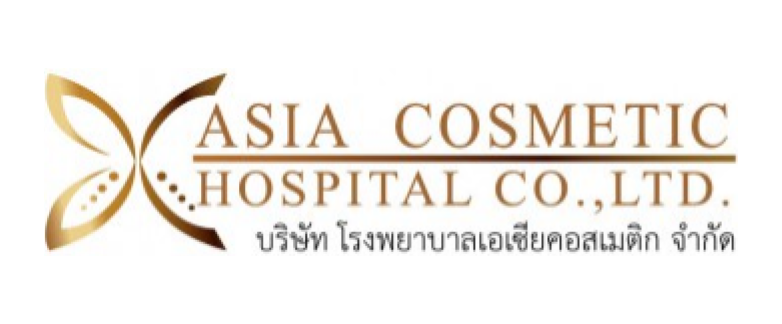Organ Transplant
The organ transplant service at Treatians is a unique specialty in medicine. Organ transplantation involves the surgical removal of an organ and its subsequent transfer to a recipient, who then receives a graft. Any organ can, in theory, be transplanted, including kidneys, liver, heart, lung, pancreas, and intestines; however, cadaveric organ donors have the potential for transplantation for all organs in some situations. The goal of organ transplantation is to provide some function in patients with organ failure due to destruction from disease, injury to a previously functioning organ, or genetic abnormalities of function.

What is the Procedure about?
Furthermore, organ donation is involved, and it is also necessary for the group of specialists and experts caring for the donation, including transplant surgeons, anesthesiologists, nurses, and transplant coordinators, to coordinate their function in the donation process as well. Organ transplant services are involved with donor procurement, evaluating the medical health of the transplant recipient, and performing surgery.
How is Organ Transplant important?
Firstly, for transplantations to take place, there must be a serious commitment and accountability by medical professionals in their implementation and acceptance of strictly regulated legal and ethical procedures involving the deceased donor, which adds to the complexity of the organ transplant process. Second, there is a physical scarcity of organs, which has allowed conventional methods to develop into more innovative practices involving either living donors or marginally acceptable deceased donors (i.e., cases involving non-heart-beating donors).
Want us to provide you with the Organ transplant services? Contact us now!
Importance of Organ transplant services
In addition, organ transplants are life-saving events for patients who receive organs and have a good quality of life; that is equally true. There is no doubt that when one is fortunate enough to receive a new organ, it can completely change their life for the better, but it is not only a one-time event.
After a transplant has occurred, the patient is still monitored and cared for. It is really about managing the care of the organ transplant. That care is not just in terms of the function of the transplanted organ but also in regard to the care of the transplant recipient.
As such, it is not just a one-time occurrence; it is managing the care of the recipient moving forward for their lifetime.
Frequently Asked Questions
You can become an organ donor by registering with your state's donor registry, indicating your wishes on your driver's license, and discussing your decision with your family.
The recovery process varies depending on the type of organ transplant, but typically involves a hospital stay and a period of close monitoring and follow-up care.
Organ transplantation carries risks, including rejection of the transplanted organ, infection, and complications from immunosuppressive drugs used to prevent rejection.
Recipients are chosen based on a number of factors, including medical urgency, tissue matching, and waiting time on the transplant list.
Potential donors are identified through a variety of methods, such as the donor registry, medical records, and discussions with family members.
The organs that can be transplanted include the kidneys, liver, heart, lungs, pancreas, and intestines.









